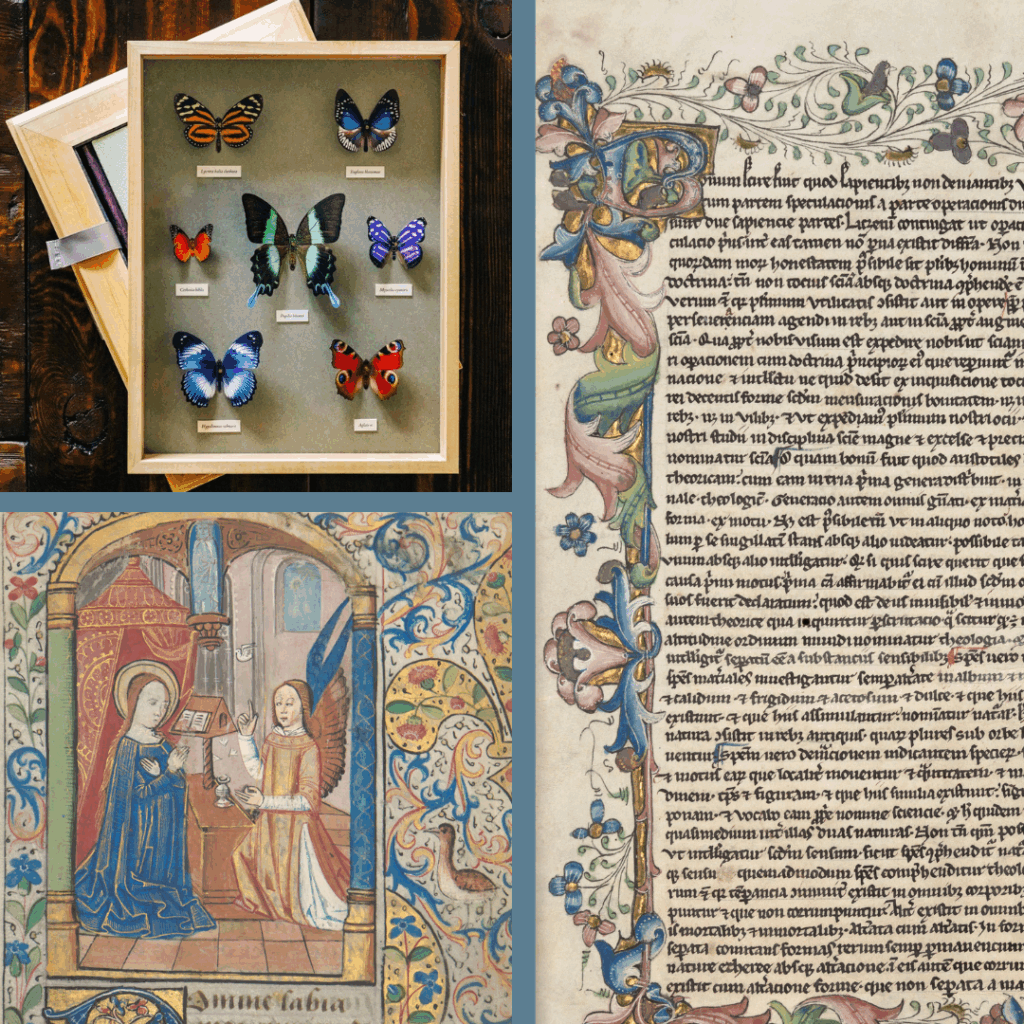Dear all,
Weekly emails will stop over the long vac, but it is worth drawing to your attention a number of opportunities that take place before term starts up again. It is never too early to send in events for the booklet and / or the calendar – we will keep posting events on the OMS calendar as soon as you send them in.
Two more things OMS is looking for:
1) We are still seeking information on your publications for the production of an impact document – please send information of any monographs/edited volumes etc with a short blurb to this email address ASAP.
2) The social media officer position is still vacant – we know that Ashley Castelino is a hard act to follow (see his report here) but he is prepared to help whoever is taking over to learn the trade secrets.
Last week saw the premiere of the filmed version of the Oxford Medieval Mystery Play – thank you to all of you who watched along online! The entire collection is available on our Youtube channel here, where each individual play can also be found.
IMC Leeds 2026 has opened its Call for Papers. Following the death of Twitter, it can be hard to circulate CfPs – if you are organising an event for this, please send me information ASAP, and I will try and make sure that these are all circulated as a group. Medievalists Coffee Mornings continue throughout the term break, only stopping in August.
Events
- 26th June, 6:30pm. Oxford University Heraldry Society online lecture on ‘The King’s Esquire. The life of Robert Waterton ( c.1365-1425 ) in its heraldic context’. Zoom link here.
- 1st July, 5.15pm-6.15pm. ‘Invisible Treasures’ film screening and panel discussion. More information, and free tickets, here.
Opportunities
- Three-year postdoc research fellowship in Göttingen in Early Medieval Manuscript Studies and Germanic Philology, on the ERC INSULAR project. More information here.
- CfP for ‘Borders, Boundaries and Barriers: Real and Imagined in the Middle Ages’, a conference held at Oxford 20th-21st April 2026. More information here.





